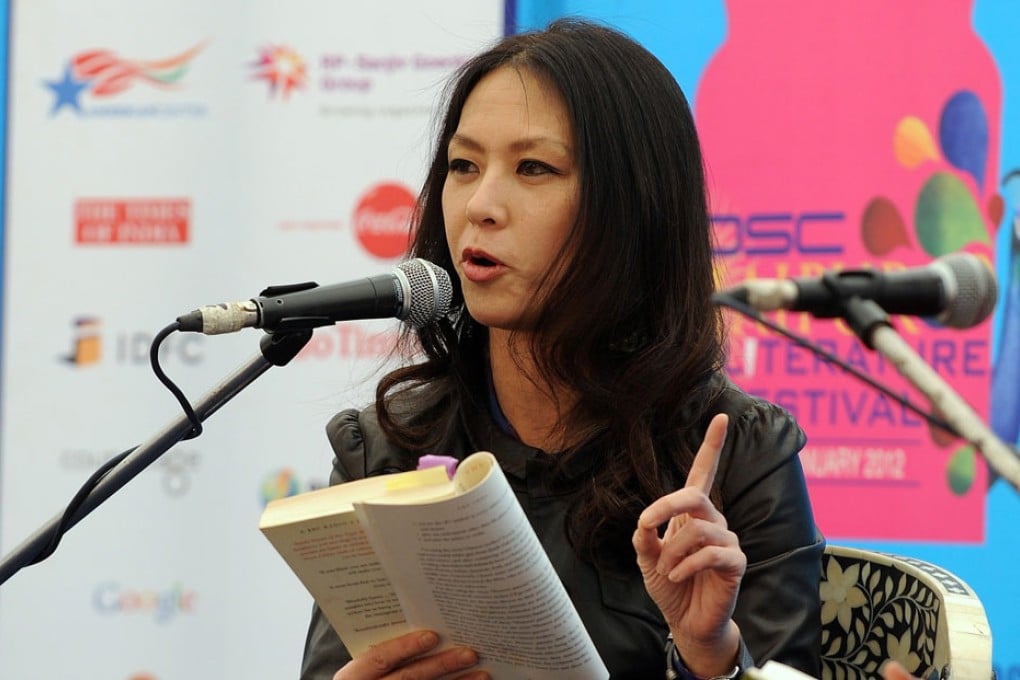My Take | Inferiority complex can be useful too
So, this is the latest pop recipe for success: having a superiority complex, insecurity and impulse control. It's being advocated by tiger mum Amy Chua and her husband and fellow Yale law professor Jed Rubenfeld.

So, this is the latest pop recipe for success: having a superiority complex, insecurity and impulse control. It's being advocated by tiger mum Amy Chua and her husband and fellow Yale law professor Jed Rubenfeld.
I haven't read their book The Triple Package - too many other books ahead of the queue in my shelves already - so I can't comment on it. But interestingly, my fellow Post writer Kelly Yang was horrified by it, and duly produced a widely-read column that has attracted more reader responses than most of the stuff I produce. That makes me jealous.
Then Financial Times' famed office-politics guru Lucy Kellaway wrote approvingly yesterday about the combination. Actually, I consider the three attributes a pretty good description of many successful people I have come across and/or read about. Needless to say, they are almost all pretty unpleasant characters, and I would say not a single one of them was really happy. As a parent, I just don't want to make it a prescription for producing successful children.
I once had an excellent news editor who almost fit the bill. He was clearly deeply insecure, about himself and his job, and not without reason. He exercised monumental self-control on most days of the week during the years I worked under him. He was a falling drunk, one of those who frequently lose all sense of time and place after a night of bingeing on alcohol and have no memory of what they did the night before. Yet, he was always - and I do mean always - the first one in the office early in the morning and the last to leave. Sleep was optional to him. He worked like a dog and those long hours in the office were probably the only time he had a sense of purpose in life. Once he stepped out of the office, that purpose was gone.
He scored two out of three in Chua and Rubenfeld's formula. I suspect deep down, he felt inferior to a few elite journalists who went to better schools than he did, worked for more prestigious publications and had higher-profile assignments; hence his need to prove himself.
Do I consider him a success? He always managed to hire the prettiest reporters who inevitably developed a fierce loyalty in him. I admire him as a journalist. I just don't want to be like him.
